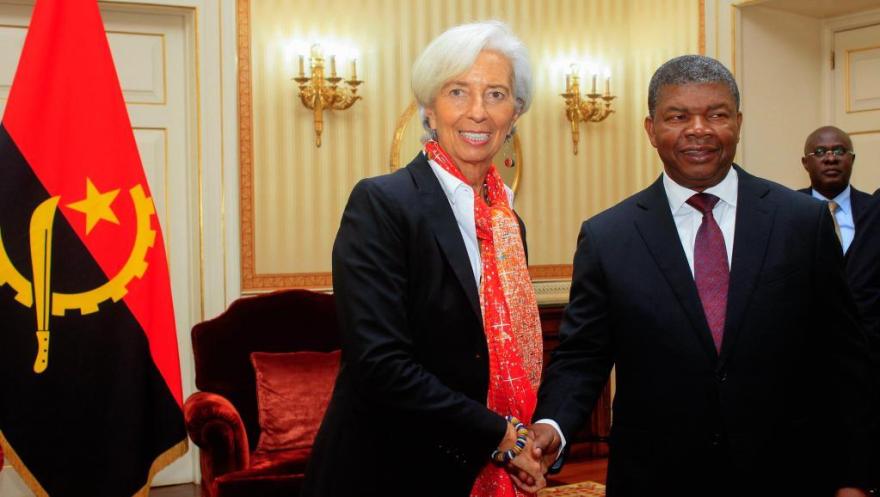Angola has become the latest African country to receive funds from the International Monetary Fund, after the Washington-based lender approved disbursement of $488 million to the southern African country.
In allocating the funds, IMF reiterated confidence that Africa’s second-biggest oil producer will rein in public debt to sustainable levels.
The disbursement approved by the executive board comes after the lender increased the size of the loan by almost 25% to $4.5 billion to help Angola weather the effects of the coronavirus pandemic. The three-year Extended Fund Facility, which begun in 2018, aims to overhaul the southern African nation’s economy with reforms to reduce its dependence on oil and lower its debt burden.
A sharp drop in crude prices last year, stemming from the pandemic, forced Angola to seek debt relief worth $6.2 billion from three key creditors, easing fears of default in one of Africa’s most indebted countries.
The oil-producing nation secured a temporary waiver of $1.78 billion in bilateral debt-service payments from the G20.
The measures “will provide significant debt-service relief and help reduce risks related to debt sustainability,” Antoinette Sayeh, one of the IMF’s deputy managing directors, said in a statement late on Monday after the fund concluded its fourth review of the loan facility. “Given Angola’s sensitivity to oil-price shocks, it is important that the authorities remain vigilant in managing these risks.”
Further gradual monetary tightening is needed to curb inflation, said Sayeh, who commended efforts to liberalize the foreign-exchange market after greater currency flexibility helped the country absorb shocks during the crisis.
Angola’s economy is projected to grow 3.2% in 2021 after contracting for five straight years. The Angolan government expects a much slower recovery with the economy forecast to record no growth this year.
The IMF loan however comes with conditions that Angola has pledged to undertake. The government will sell 195 businesses or stakes including partial holdings in national oil company Sonangol and diamond firm Endiama to boost its public finances and reduce the role of the state in the economy.
The IMF also said that Angola’s government will remove fuel subsidies and increase public transport tariffs once the pandemic subsides.

